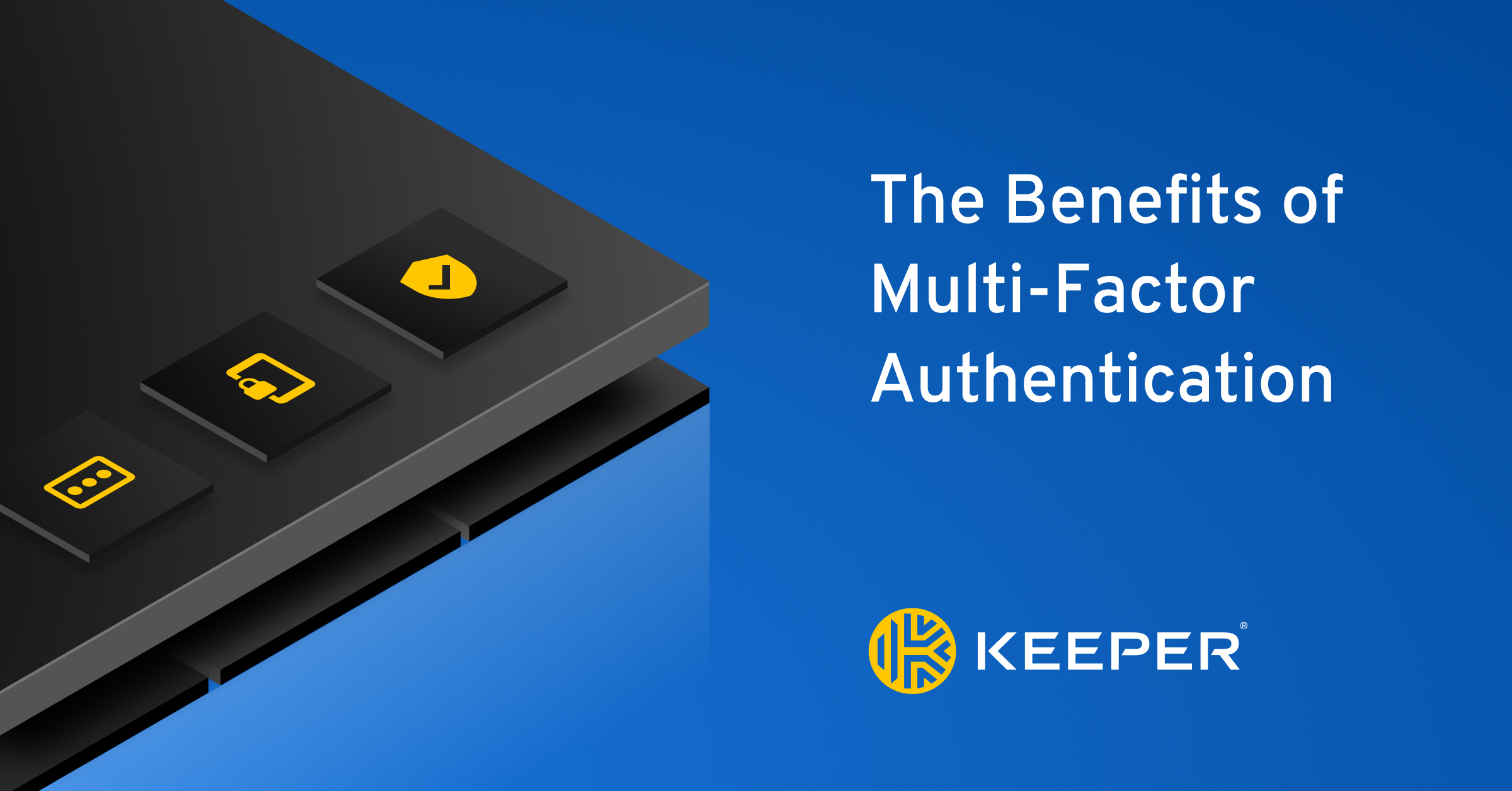Benefits of MFA
In today’s digital world, online security is of utmost importance. With the increasing number of cyber threats and data breaches, it is crucial to adopt measures that can protect our sensitive information. One such measure is Multi-Factor Authentication (MFA). In this article, we will explore the numerous benefits of MFA and how it can enhance the security of your online accounts.
Enhanced Security
MFA provides an additional layer of security by requiring users to provide multiple forms of identification before accessing their accounts. This typically involves something the user knows (such as a password), something they have (such as a smartphone or token), and something they are (such as a fingerprint or facial recognition).
By combining these factors, MFA significantly reduces the risk of unauthorized access, as even if one factor is compromised, the attacker would still need to bypass the other factors to gain access. This makes it exponentially more difficult for hackers to breach your accounts and helps safeguard your sensitive data.
Protection Against Password Attacks
One of the primary benefits of MFA is its ability to protect against password attacks. With traditional password-based authentication, if a user’s password is compromised, their account becomes vulnerable. However, when MFA is enabled, even if an attacker manages to obtain the password, they would still require additional factors to gain access.
Furthermore, MFA can detect and prevent brute-force attacks, where an attacker systematically tries different combinations of passwords until they find the correct one. By introducing additional factors, MFA adds an extra level of complexity, making it significantly harder for attackers to crack your passwords.
Prevention of Account Takeovers
Account takeovers, where an attacker gains unauthorized access to a user’s account, are a common occurrence in the digital landscape. However, MFA acts as a powerful deterrent against such attacks. Even if an attacker manages to obtain a user’s credentials through phishing or social engineering, they would still require additional factors to successfully take over the account.
With MFA in place, any suspicious login attempts can be flagged and additional verification steps can be enforced. This ensures that even if an attacker has the correct username and password, they would be unable to proceed without the other authentication factors, effectively preventing account takeovers.
Compliance with Regulatory Standards
Many industries are subject to strict regulatory standards regarding data protection and privacy. Implementing MFA can help organizations meet these requirements and ensure compliance. By adding an extra layer of security, MFA demonstrates a commitment to safeguarding sensitive information and mitigating the risk of data breaches.
Furthermore, in certain sectors such as finance and healthcare, MFA may be mandated by regulatory bodies to ensure the highest level of security for customer data. By implementing MFA, organizations not only protect themselves but also build trust with their customers by prioritizing their privacy and security.

Multi-Factor Authentication (MFA) offers numerous benefits that significantly enhance the security of online accounts. By requiring multiple forms of identification, MFA provides an additional layer of protection against unauthorized access, password attacks, and account takeovers. It also helps organizations comply with regulatory standards and build trust with their customers. Implementing MFA is a proactive step towards safeguarding sensitive information and ensuring a secure online environment.
Frequently Asked Questions about the Benefits of MFA
1. What is MFA?
MFA stands for Multi-Factor Authentication. It is an additional layer of security that requires users to provide multiple forms of identification before accessing a system or application.
2. How does MFA enhance security?
MFA enhances security by adding an extra layer of protection against unauthorized access. It requires users to provide something they know (password), something they have (smartphone or token), or something they are (biometric data) to verify their identity.
3. What are the benefits of using MFA?
The benefits of using MFA include:
Increased protection against unauthorized access
Reduced risk of password-related attacks
Enhanced security for sensitive data and applications
Improved compliance with regulatory requirements
Minimized impact of stolen or compromised passwords
4. Can MFA prevent all types of cyber-attacks?
MFA significantly reduces the risk of many common cyber attacks, such as password guessing, phishing, and credential stuffing. However, it cannot guarantee protection against all types of attacks, as new threats constantly emerge.
5. Is MFA difficult to implement?
Implementing MFA can vary in complexity depending on the system or application. However, with the availability of user-friendly MFA solutions, it has become easier to implement MFA across various platforms.
6. How does MFA affect user experience?
While MFA adds an extra step to the authentication process, it ultimately enhances user experience by providing a higher level of security. The inconvenience of an additional verification step is outweighed by the benefits of protecting sensitive information.
7. Can MFA be used for all types of accounts?
Yes, MFA can be used for various types of accounts, including email, social media, banking, and enterprise applications. It is highly recommended to enable MFA for any account that contains sensitive information.
8. Are there any drawbacks to using MFA?
Although the benefits of MFA outweigh the drawbacks, there are a few considerations to keep in mind. MFA may require additional setup and maintenance, and in rare cases, it can cause inconvenience if the authentication device is lost or inaccessible.
9. Can MFA be bypassed or hacked?
While no security measure is completely foolproof, MFA significantly reduces the risk of unauthorized access. However, it is crucial to choose strong authentication methods, keep devices secure, and regularly update MFA settings to minimize vulnerabilities.
10. Is MFA suitable for personal use?
Absolutely! MFA is highly recommended for personal use, especially for online accounts that contain sensitive information like email, banking, and social media. Adding an extra layer of security through MFA helps protect personal data from unauthorized access.




